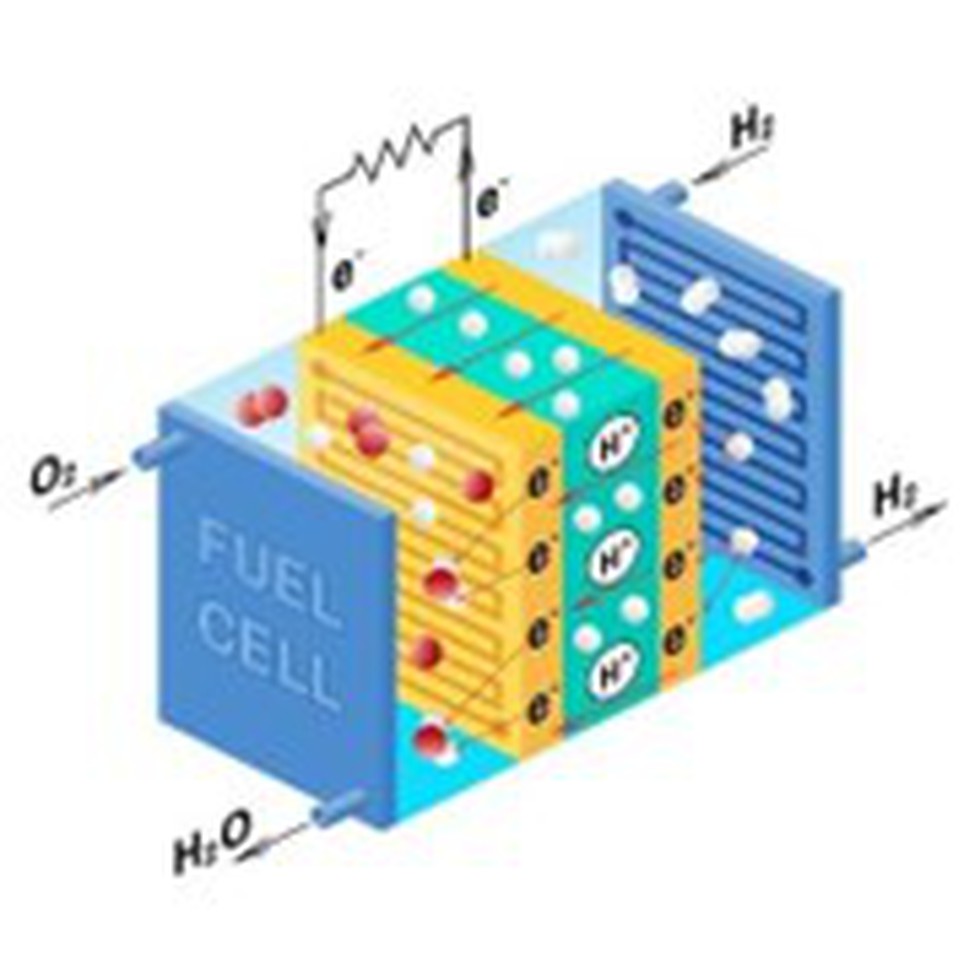In a groundbreaking development, ISRO has conducted a successful test of an advanced fuel cell system designed to provide a sustainable and reliable power source for space stations. The innovative technology marks a crucial step forward in addressing the challenges of long-duration space missions and ensuring continuous, clean energy for future space habitats.
Traditionally, space missions have relied on solar panels and conventional power sources, but these systems have limitations, especially during extended periods of darkness or when eclipses occur. The newly tested fuel cell system presents an alternative that could potentially transform the way space stations are powered.
The futuristic fuel cell system leverages advanced technologies to convert chemical energy directly into electrical power, offering a more efficient and consistent energy source. Unlike traditional systems, which rely on sunlight or batteries, this fuel cell technology has the potential to operate continuously, making it particularly well-suited for missions where a constant power supply is critical.
Dr. K. Sivan, Chairman of ISRO, expressed his excitement about the successful test, stating, “This achievement opens up new possibilities for sustained human presence in space. The innovative fuel cell system not only enhances the reliability of power generation but also aligns with our commitment to environmental sustainability in space exploration.”
The successful test is a result of extensive research and development by ISRO scientists, pushing the boundaries of space technology. The next steps will involve further refining the technology and assessing its viability for integration into upcoming space missions, including potential applications in the construction and operation of future space stations.
As the global space community looks toward long-duration missions and the establishment of lunar and Martian habitats, ISRO’s breakthrough in fuel cell technology signals a significant leap forward in achieving self-sufficiency in power generation for sustained human presence in the cosmos.
